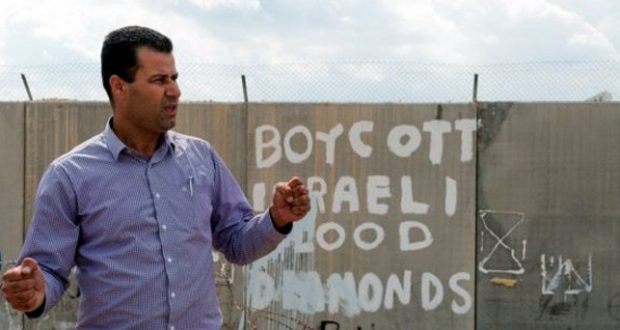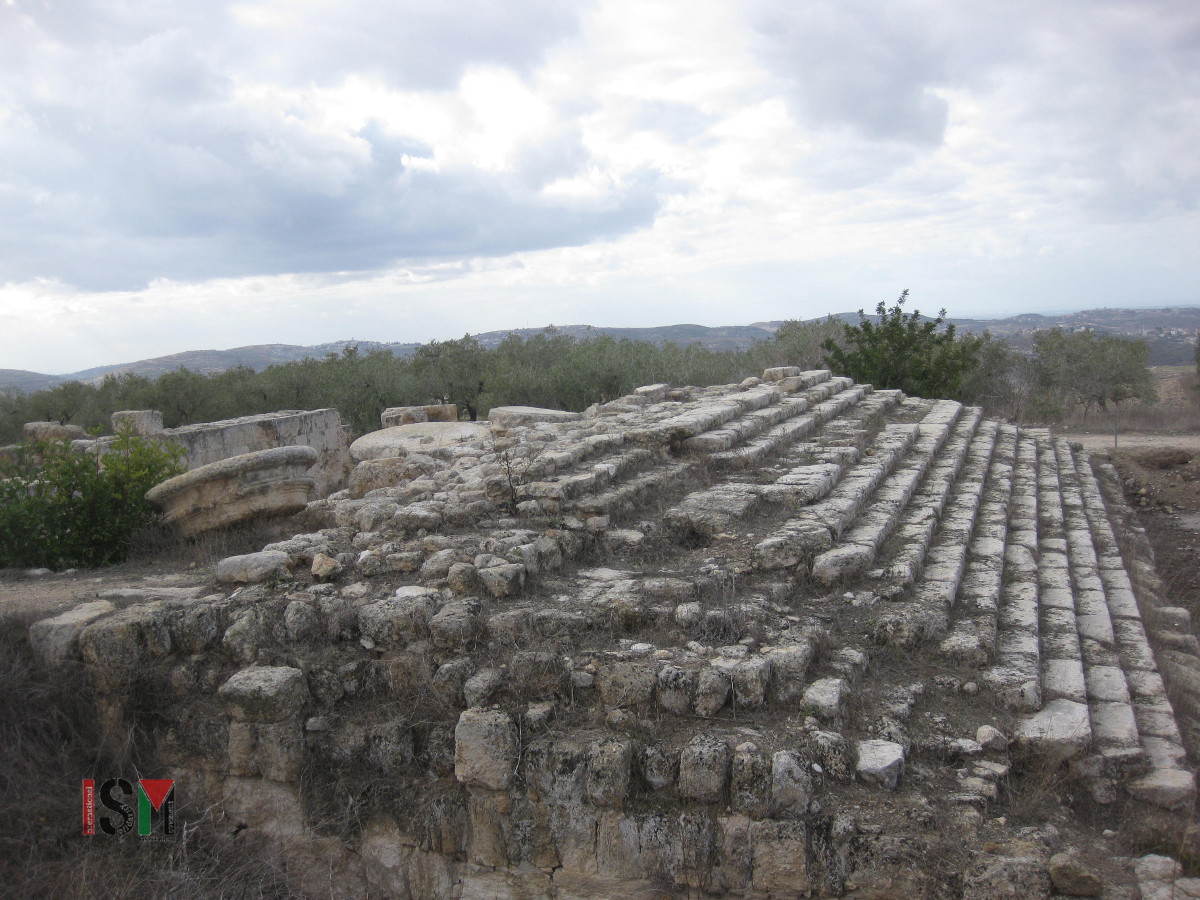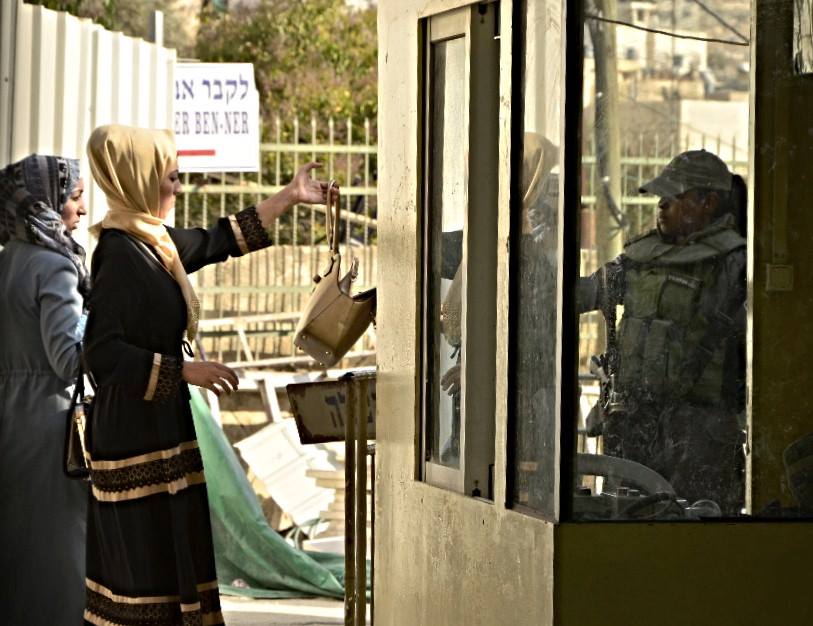-
Abusive harassment of Human Rights Defenders in Bil’in continues
27 January 2016 | International Solidarity Movement, Bilin , occupied Palestine Abdullah Abu Rahmah was released by an Israeli military judge on Tuesday night the 24th of January after being arrested when he attended a court hearing. He had been home for 24 hours when at 1AM Thursday the 26th, thirty masked, armed soldiers surrounded […]
-
Sebastiya will not be ruined
24 January 2017 | International Solidarity Movement| occupied Palestine The Israeli Forces have been making their presence known in Sebastiya almost daily; sometimes just for show, and other times with bulldozers under the guise of ‘maintence and cleaning’. But, when exactly did a bulldozer ever clean up a site? Instead, what they are doing is […]
-
A Day in the life
26 January 2016 | International Solidarity Movement, Al-Khalil team| Hebron, occupied Palestine Al-Khalil is unique from other villages, towns, and cities in the West Bank. Illegal Zionist colonial settlements are situated right in the center of the Old City. Whereas, elsewhere the illegal settlements are outside of the Palestinian towns and cities. This makes life […]
Action Alert An Nabi Saleh Apartheid Wall Arrests BDS Bethlehem Bil'in Cast Lead Demonstration Denial of Entry Ethnic Cleansing Farmers Gaza Global Actions Hebron House Demolition International law Israeli Army Jerusalem Live Ammunition Nablus Ni'lin Prisoner Ramallah Rubber-coated steel bullets Settlement Settlers Settler violence Tear-Gas Canister Video



